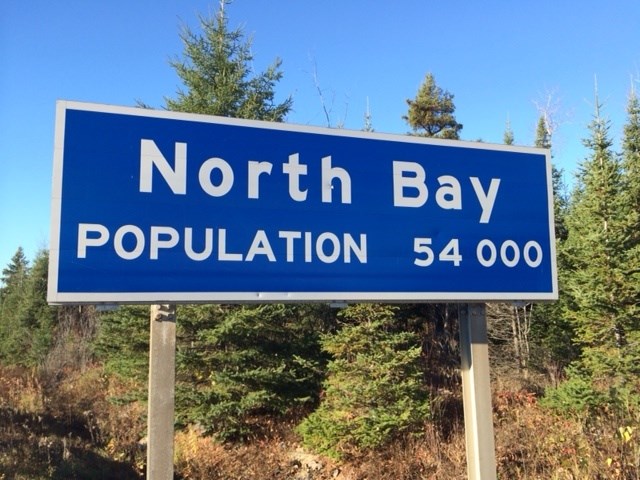Some North Bay employers just don’t get it.
They refuse to cooperate with the city’s Rural and Northern Immigration Pilot program, because, in my view, they don’t understand it.
I know of three large employers in the city that refuse to participate. There are likely more. I won’t name the ones I know, because, otherwise, they are good employers and are active in the community.
The common thread I hear is that the company does not sponsor people, some already employed with them, to become permanent residents.
So, here’s the thing.
The company does not “sponsor” anyone.
In immigration-speak, a sponsor is someone marrying a non-Canadian and sponsoring him or her to become a permanent resident, or a sponsor (usually a group of five people, or church or other organization) can sponsor a refugee family.
In both cases, there are financial commitments. Sponsoring a refugee family has you on the hook for the first year of expenses in Canada, while sponsoring a spouse has you on the financial hook for three years.
With RNIP, there is no money involved, and some employers don’t get that part.
Their role is merely to complete and sign a government Offer of Employment form and provide a letter of employment stating the job title, hours of work and pay, any benefits offered, and a brief job description. It cannot be a contract position. It has to be full-time, at least 30 hours per week and the employer has to have a presence in the region and have been in business for at least three years.
Just one other thing. If the employer has not been a part of the RNIP process previously, there is a three-hour online training program that covers diversity in workplace issues. It is free.
Sounds onerous, right?
One employer I spoke with on the phone seemed to think so.
He used the “sponsor” word a few times in our conversation, despite my telling him that he wasn’t sponsoring anyone and had no sponsorship obligations. He didn’t buy it.
I thought I had reasonable communication skills, but I failed with this guy.
Another employer farmed out the decision-making to its head office in Toronto, where many people can’t tell you the difference between North Bay and Thunder Bay.
“Oh, no, we can’t do that. It’s against company policy,” came the response.
Excuse me, why would a company that prides itself on its diversity, say such a ridiculous thing?
The answer is that it hasn’t taken the time to explore the non-existent issue and come to a reasonable conclusion.
These employers, and others I don’t know about, are missing out on very well-educated, motivated, and dedicated workers who would complement their workforce.
The enlightened employers in the city and surrounding area get it, and many have hired more than one person going through the permanent residence process through RNIP.
There is a pause in RNIP at the moment. The two coordinators stopped taking applications at the end of February and have been spending their time since then going through the backlog of applications they already had. This will end in June, and then it’s a waiting period before the new, permanent, immigration program is announced.
Immigration Minister Marc Miller said that would be this fall. We don’t know if there will be some tweaks to the program, and we don’t know how many community recommendations North Bay will be allotted. The existing program is a two-step process, with the first step leading to a community recommendation from the North Bay & District Chamber of Commerce, the local contract holder.
The second stage is much more onerous, as it is a full economic immigration application process through Immigration, Refugees and Citizenship Canada. The application itself takes a few weeks and then there is constant communication from IRCC afterward, regarding further steps in the process, which can take up to a year. Many are concluded within six months.
None of that involves the employer. IRCC does not communicate with the employer, only the applicant.
So, employers, get with it.
Editor’s Note: Don Curry is a Regulated Canadian Immigration Consultant living in North Bay, and a member of Bay Today’s community advisory committee.


